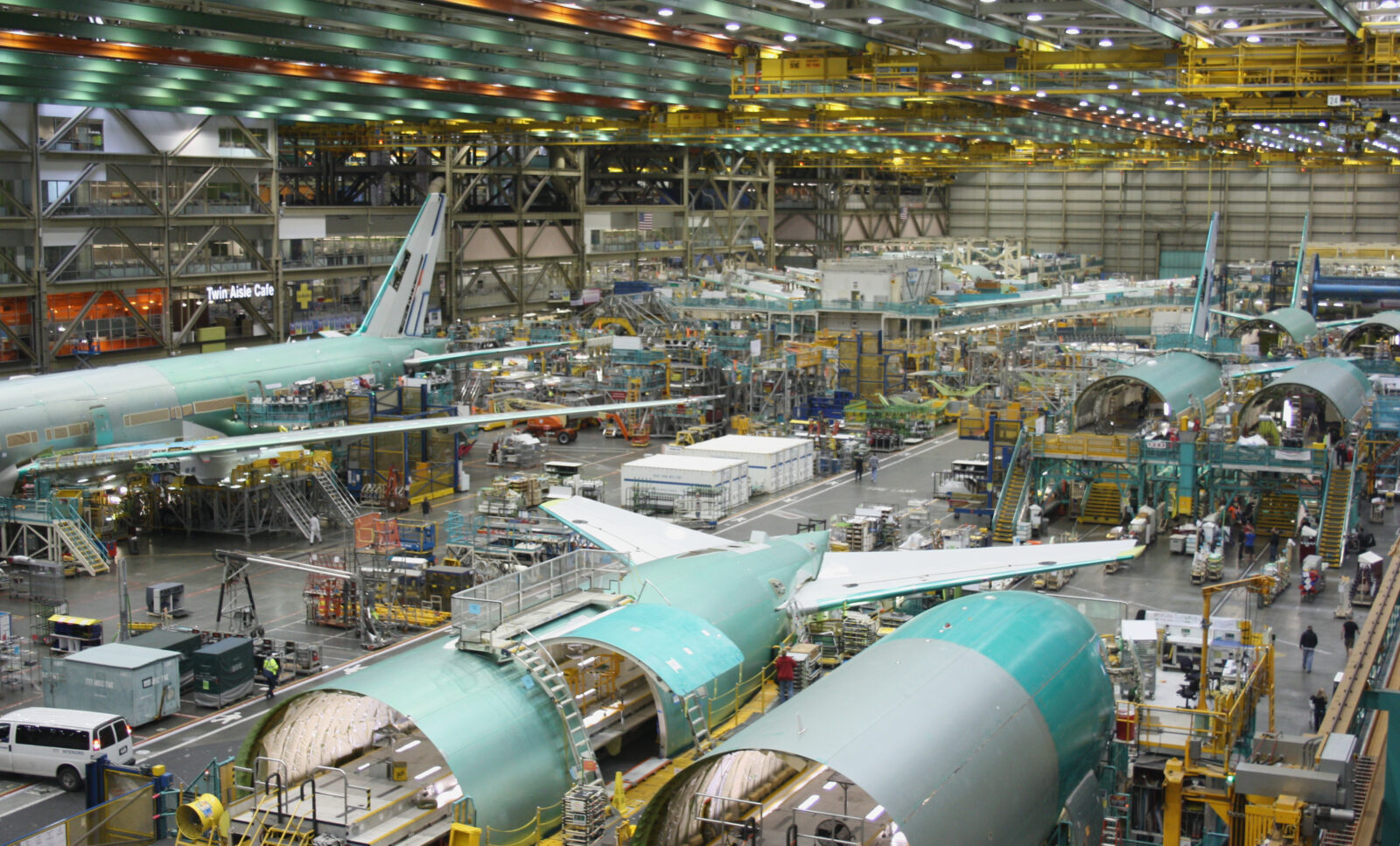
After 53 days, a crippling strike by tens of thousands of Boeing factory workers that brought aircraft assembly lines to a standstill has finally come to an end after machinists narrowly voted in favor of a new four-year contract.
With only a simple majority required for the contract to pass, the IAM District 751, which represents more than 30,000 machinists in the Portland and Seattle areas, said that a 24-hour ballot ended on Monday with 59% of workers voting in favor.
The contract includes a 38% pay raise over the next four years, a one-off $12,000 ratification bonus, and a $5,000 lump sum payment into 401k plans. The deal adds 13% to the original pay raise and $9,000 to the ratification bonus that the union had originally agreed with Boeing.
In a short statement, Boeing CEO Kelly Ortberg welcomed the news but admitted that there was plenty of work left to do to get the embattled aerospace giant back on track.
“While the past few months have been difficult for all of us, we are all part of the same team,” Ortberg said after the ballot result was published. “We will only move forward by listening and working together. There is much work ahead to return to the excellence that made Boeing an iconic company.”
The deal was brokered with the help of senior Biden administration officials who had stepped in to bring the two sides back to the bargaining table after Boeing attempted to push a non-negotiated contract on workers.
“Over the last four years, we’ve shown collective bargaining workers,” President Biden commented shortly after the contract was ratified. “Good contracts benefit workers, businesses, and consumers – and are key to growing the American economy from the middle out and the bottom up.”
The machinists’ union had urged its members to accept the latest deal, warning that if the strike continued for any longer, then what Boeing was able and willing to afford in pay raises and other contract improvements would likely start going down rather than going up any further.
Boeing’s finances have been battered by the lengthy strike, and the company has already announced plans to axe 10% of its workforce in order to slash costs and stem mounting losses.
The company has also announced a raft of other cost-cutting measures, including a ban on top executives from traveling in First or Business Class on work trips for the foreseeable future.
Mateusz Maszczynski honed his skills as an international flight attendant at the most prominent airline in the Middle East and has been flying ever since... most recently for a well known European airline. Matt is passionate about the aviation industry and has become an expert in passenger experience and human-centric stories. Always keeping an ear close to the ground, Matt's industry insights, analysis and news coverage is frequently relied upon by some of the biggest names in journalism.







